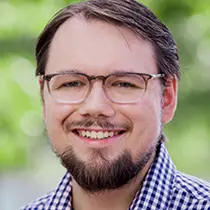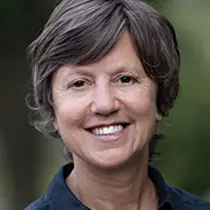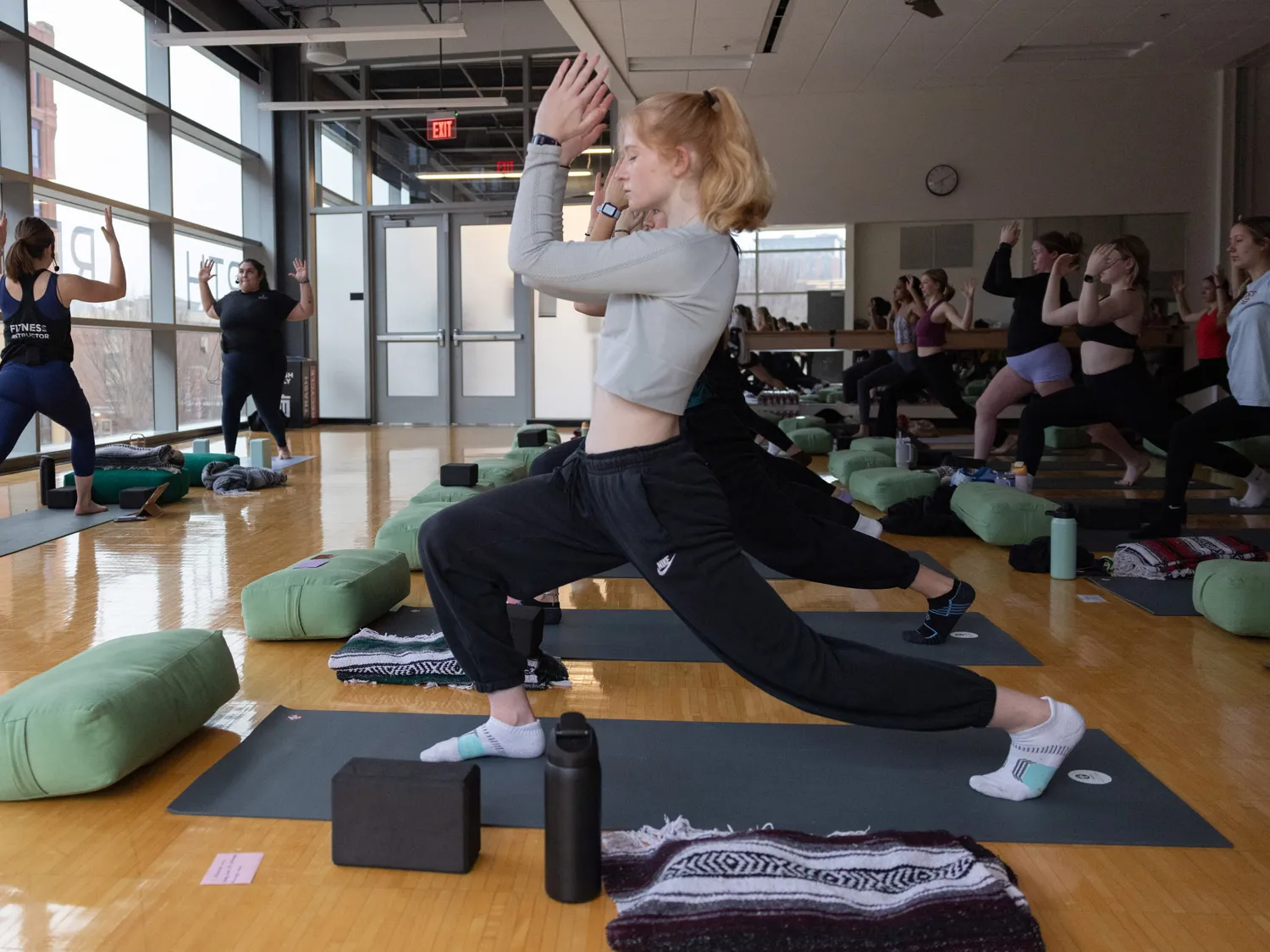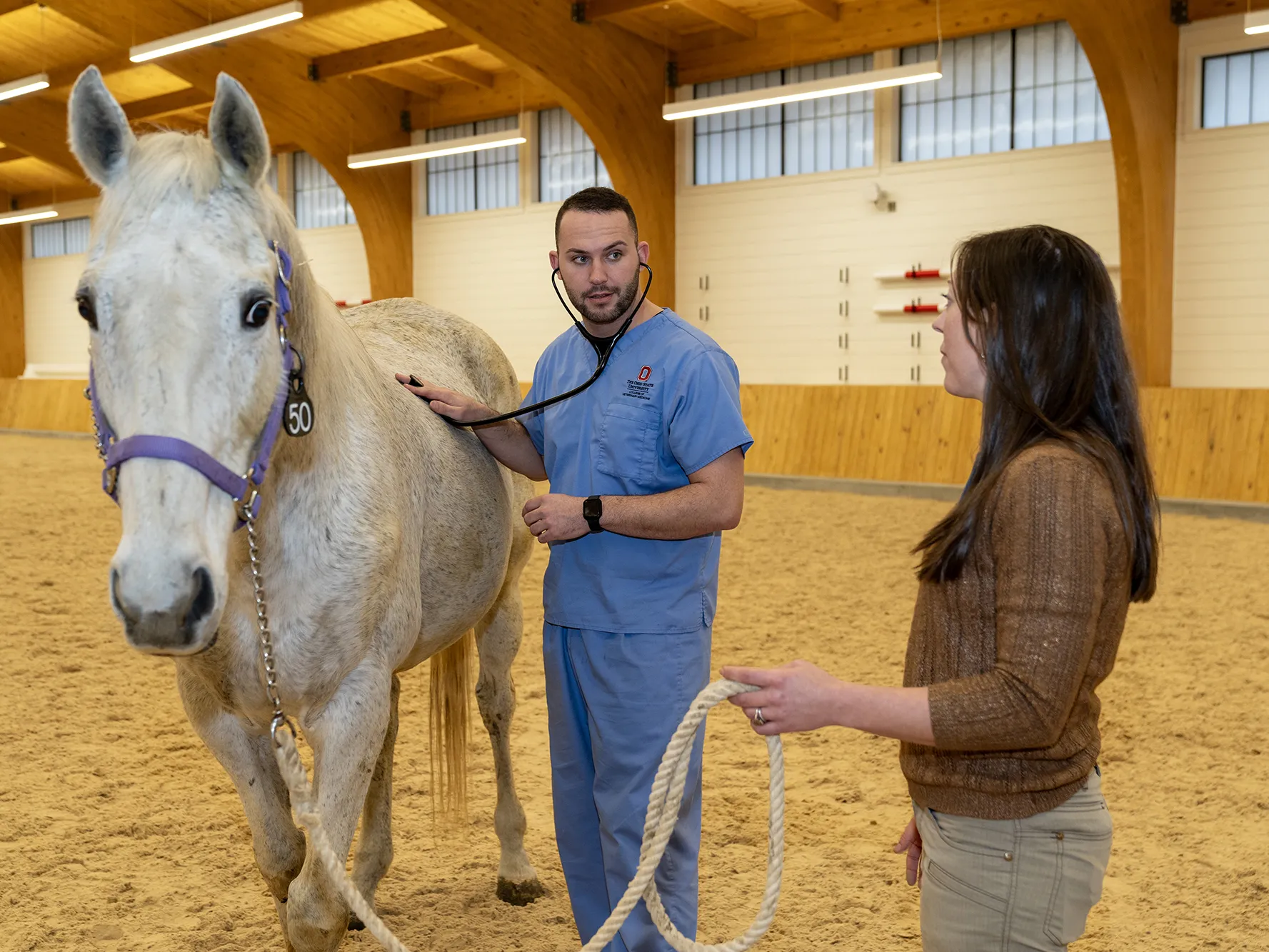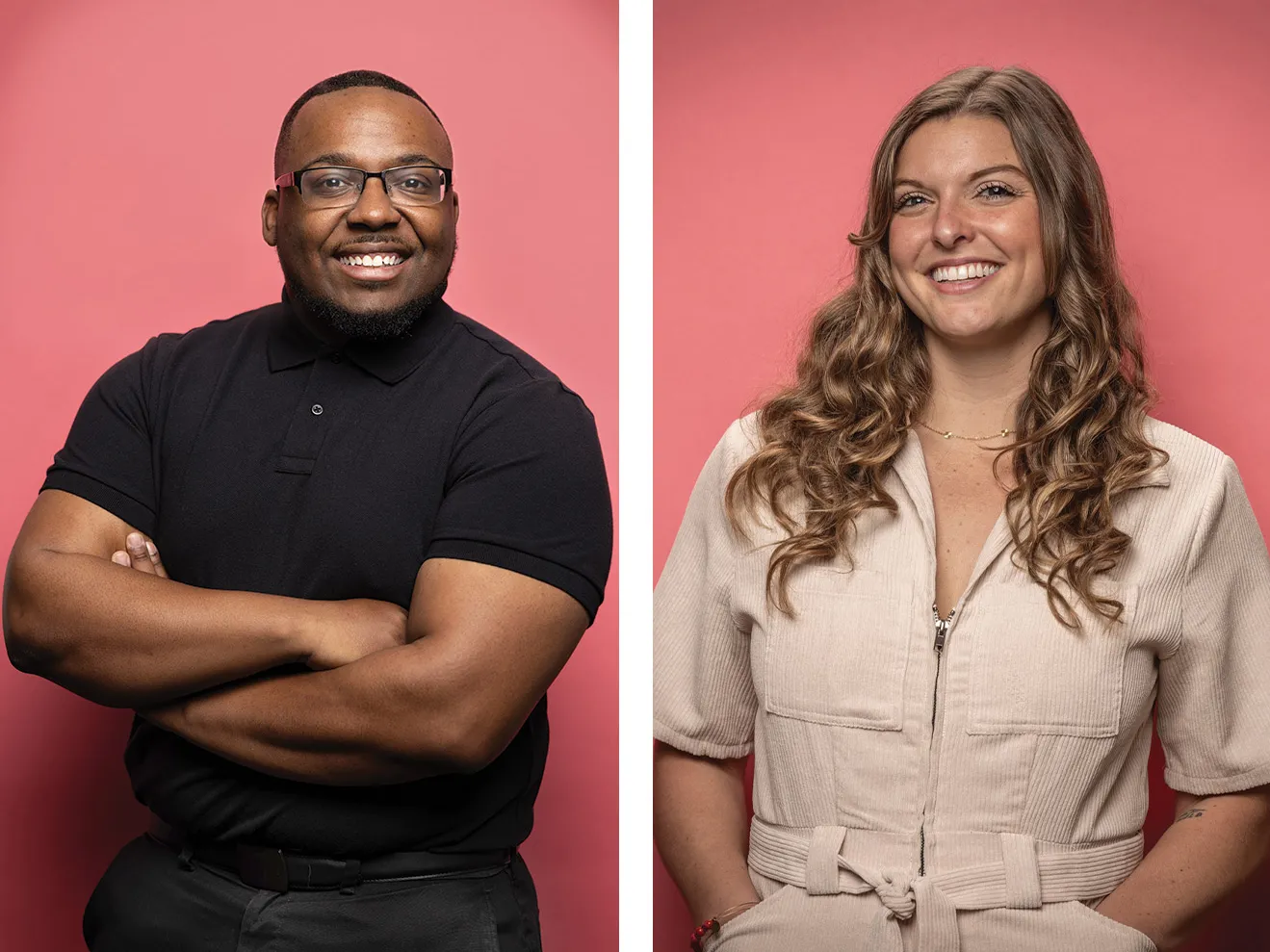What do students say about mental health on campus?
We interviewed 2023-24 student leaders — three seniors and a doctoral candidate — to ask what they think is important.
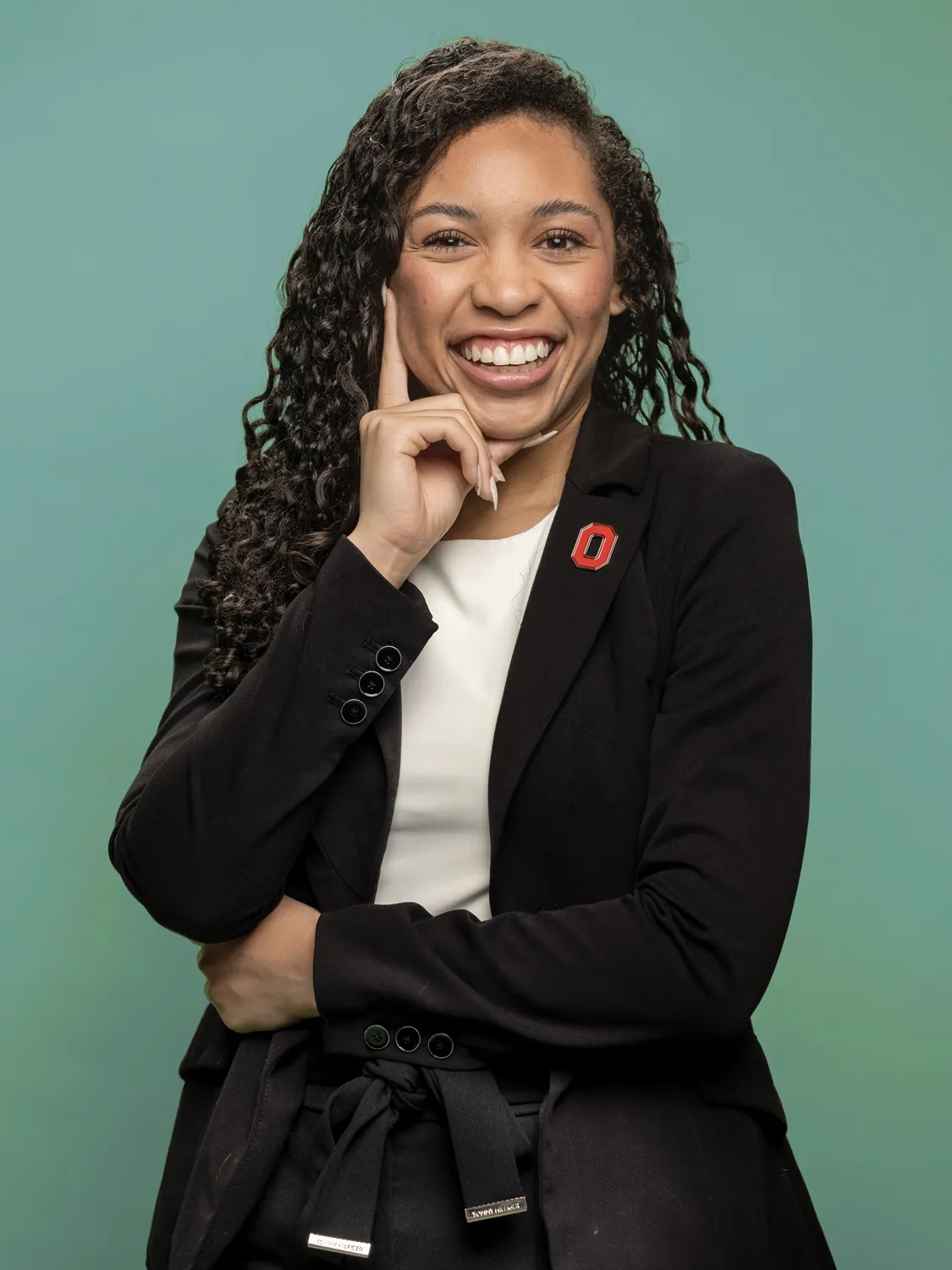
Madison Mason, vice president of Undergraduate Student Government
With Ohio State’s legacy of building leaders, it comes as no surprise that students across the university step up to take care of one another and find ways to minimize obstacles that stand in the way of happiness and growth. To find out more about the state of student mental health, we talked to four students who have made a difference during their time on campus, particularly the 2023-24 school year. They are:
- Student Government President Bobby McAlpine and Vice President Madison Mason, both seniors
- Senior Katie Weaver, president of the student organization Mental Health Matters
- Doctoral candidate Jorge Ernesto Clavo Abbass, president of the Council of Graduate Students
-
Why do you think Gen Z is more open about mental health than previous generations?
Mason: COVID-19 really broke down barriers that existed before. We were all very much struggling. You needed a community of people who understood what you were going through. And because we were all going through things at the same time, the stigma around getting health and wellness resources decreased a lot, because it wasn’t optional. You had to talk to somebody and you were by yourself. Going through a life-altering event like that really puts things in perspective. Is it really worth not taking care of yourself? Not having conversations?
-
What are some of the biggest stressors for students today?
McAlpine: One quote that I and many of my peers use is, “We are tired of living through unprecedented times.” I believe that really encapsulates what we are going through as emerging leaders of this world. We have the normal stresses of being a college student, then we also layer in our future — the job market and inflation and trying to make sure that we stay on our p’s and q’s. There are two major wars going on, we are just coming out of the COVID-19 pandemic, we’re the generation that came in around 9/11, we’re in the age of school shootings and mass shootings and gun violence and things like that. It weighs on us.
There’s significant worry about not only that, but the climate crisis, and our futures on this earth and how we will have to clean up messes and misgivings of past generations. So that’s why we are forced to look at what mental health means. How can we make sure that we support one another and look at it holistically?
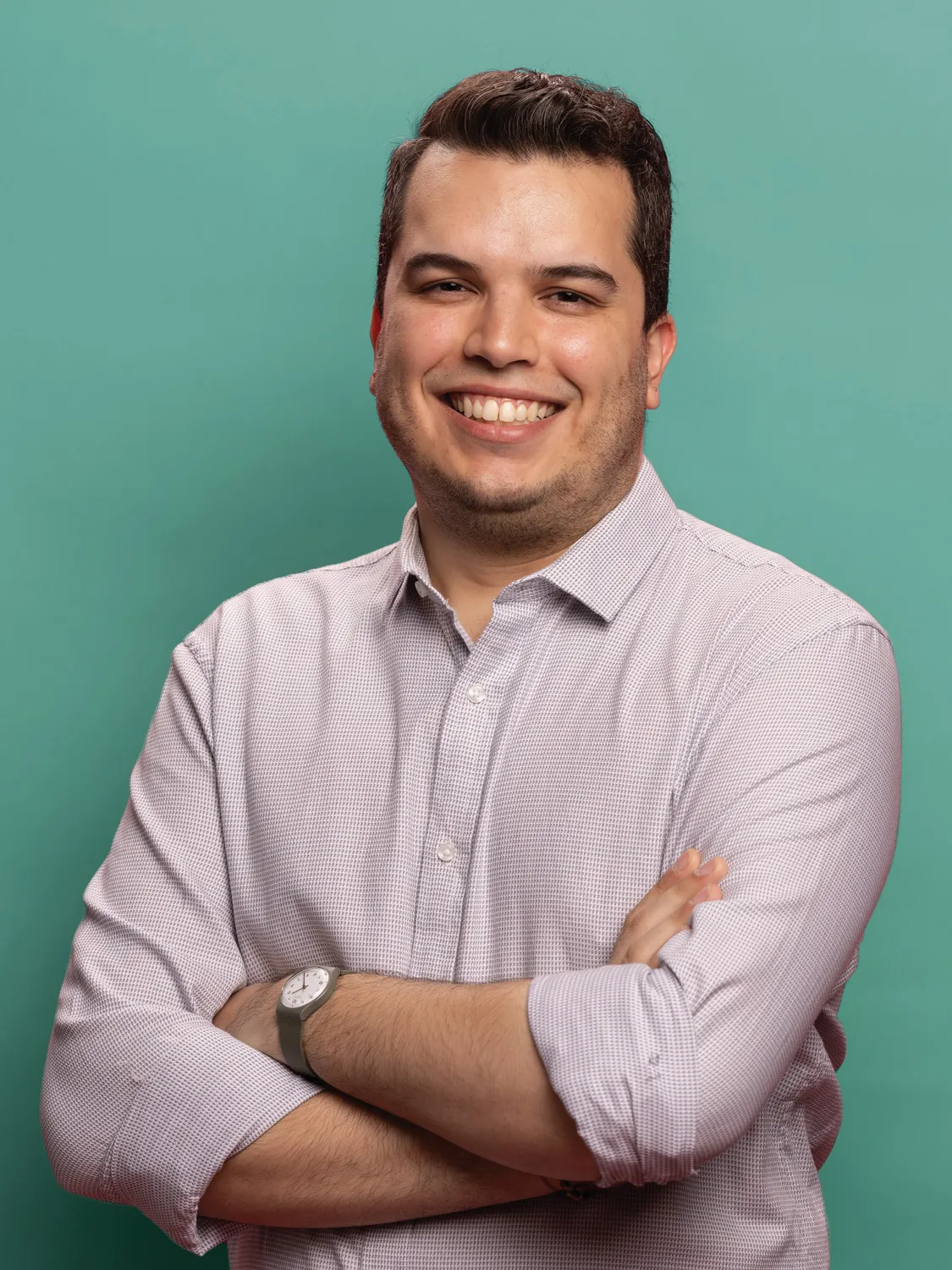
Jorge Clavo Abbass, president of the Council of Graduate Students
-
Do graduate students face any unique challenges in grappling with mental health?
Clavo Abbass: We share certain pressures and expectations that are the same as they are for faculty. We’re supposed to balance teaching and/or doing research against coursework, against obligations to our loved ones, against obligations to the profession.
Our main touchpoints over the course of our graduate careers are our departments. So the best practices look like advisors who are understanding and flexible and are aware of the fact that deadlines in graduate school place so much pressure, and that trying to balance teaching and research and service and private life is very, very difficult, and it’s a learned skill. And so they take that into consideration, they grant grace, they have an understanding for how so many other things happen in life and that we are humans first and students and young scholars second.
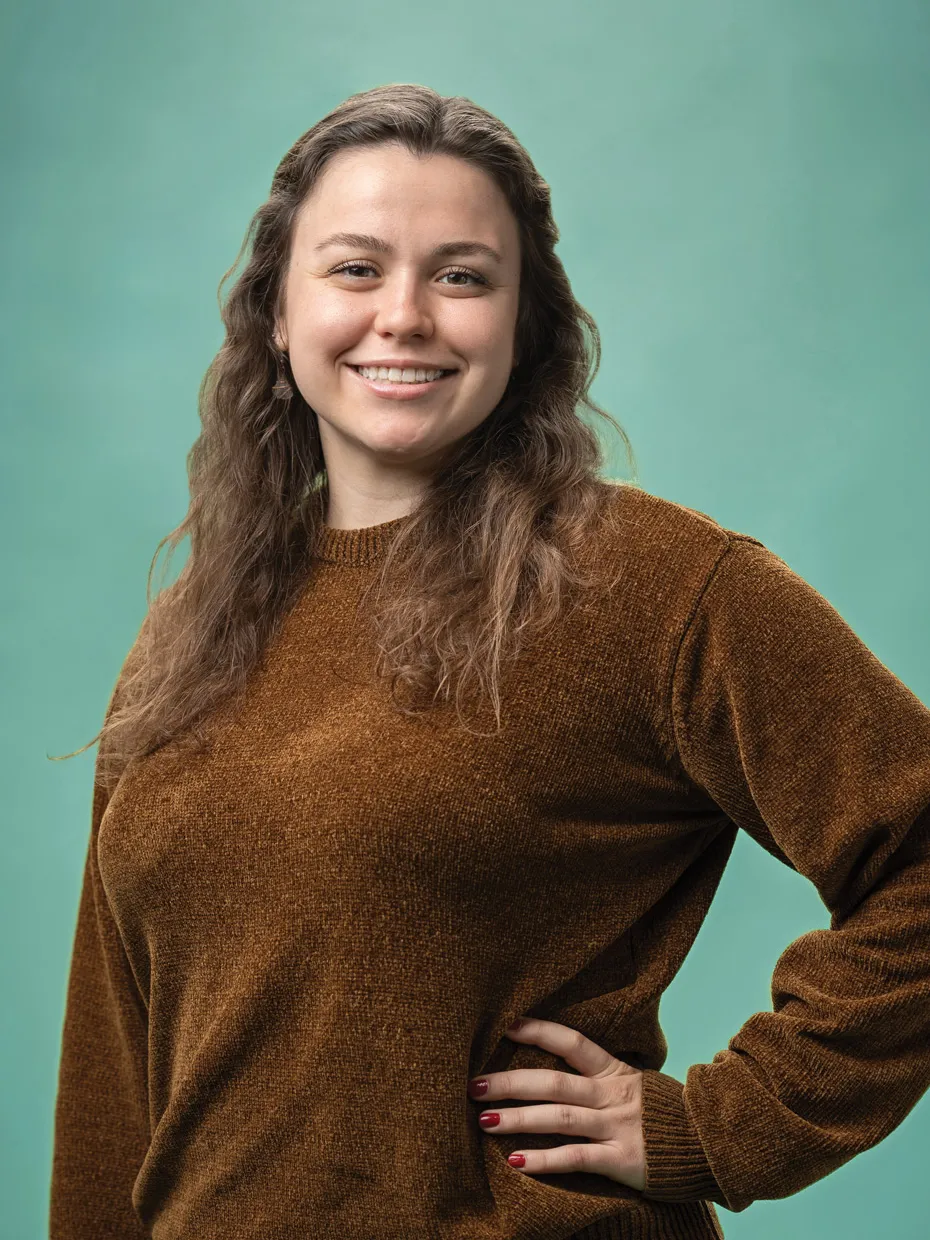
Katie Weaver, president of the student group Mental Health Matters
-
When have resources at Ohio State made a difference for you?
Weaver: I recently found out that one of the members of my club Mental Health Matters had died by suicide a few months ago. And I lost it. I had a breakdown. I had to leave the lab I was working in. I didn’t know what to do. So I called CCS (Counseling and Consultation Service), and I’ve seen a crisis counselor recently to work through the trauma and the grief. But she sat with me on the phone while I bawled my eyes out and did breathing exercises with me and helped me so much. I honestly don’t know what I would have done if I didn’t have her right there. Instantly, within five minutes of finding out, I was on the phone with her scheduling a meeting for the next day. And she emailed me all these different resources. She made a plan for the rest of that day to get me through it. So that was amazing. And then she followed through, too. She helped me tell the rest of my club. She was there for us, she came in and offered resources.
Clavo Abbass: I got COVID in the fall of 2020, even though I was protecting myself as much as I could. At the time, we would register our temperature on the Ohio State app. I registered that I had a low fever, and within 15 minutes, the chair of my department sent me an email saying, “I got an alert. I just want to know if you’re okay. Have you had a chance to test yourself?” And then two hours later, my academic advisor for my dissertation called me and said, “How are you doing? Have you gotten a positive test? Please don’t hesitate to let me know if you need somebody to cover for you teaching if you’re unwell. How are you doing with groceries and food? Are you well stocked? Are you doing OK? Do you need me to bring anything to you?”
To have people truly and genuinely go well out of their way to ensure I felt cared for and I was able to lean on someone — as someone who at the time was living alone, was single, my parents are 1,500 miles away, the rest of my family is on other continents — that I didn’t feel alone as an international student in that moment was just amazing. And that’s something that has really, really stuck with me since.
-
How has mental health figured into Undergraduate Student Government’s work?
Mason: Mental health was an emphasis of our campaign. Loneliness is at an all-time high on college campuses. For us, being able to get good, accessible mental health care is the difference in you being able to succeed in your social life, you being able to succeed in your academic life. The state of Ohio allocated $2.5 million to Ohio State for mental health and wellness, and we were on the committee which did the allocation of those funds. We advocated really heavily for the incorporation of teletherapy options, because it’s more accessible to students and available outside business hours. And because it’s accessible to everyone at regional campuses as well.
McAlpine: We also knew that mental health is more than just therapy. We wanted to do things that were more preventive as well. We reached out to various offices across the university and various small businesses across the city of Columbus, and we were able to put together finals care packages for students and hand them out to over 1,000 students the week of finals in the autumn 2023 semester. It was really awesome. It was a really big hit.
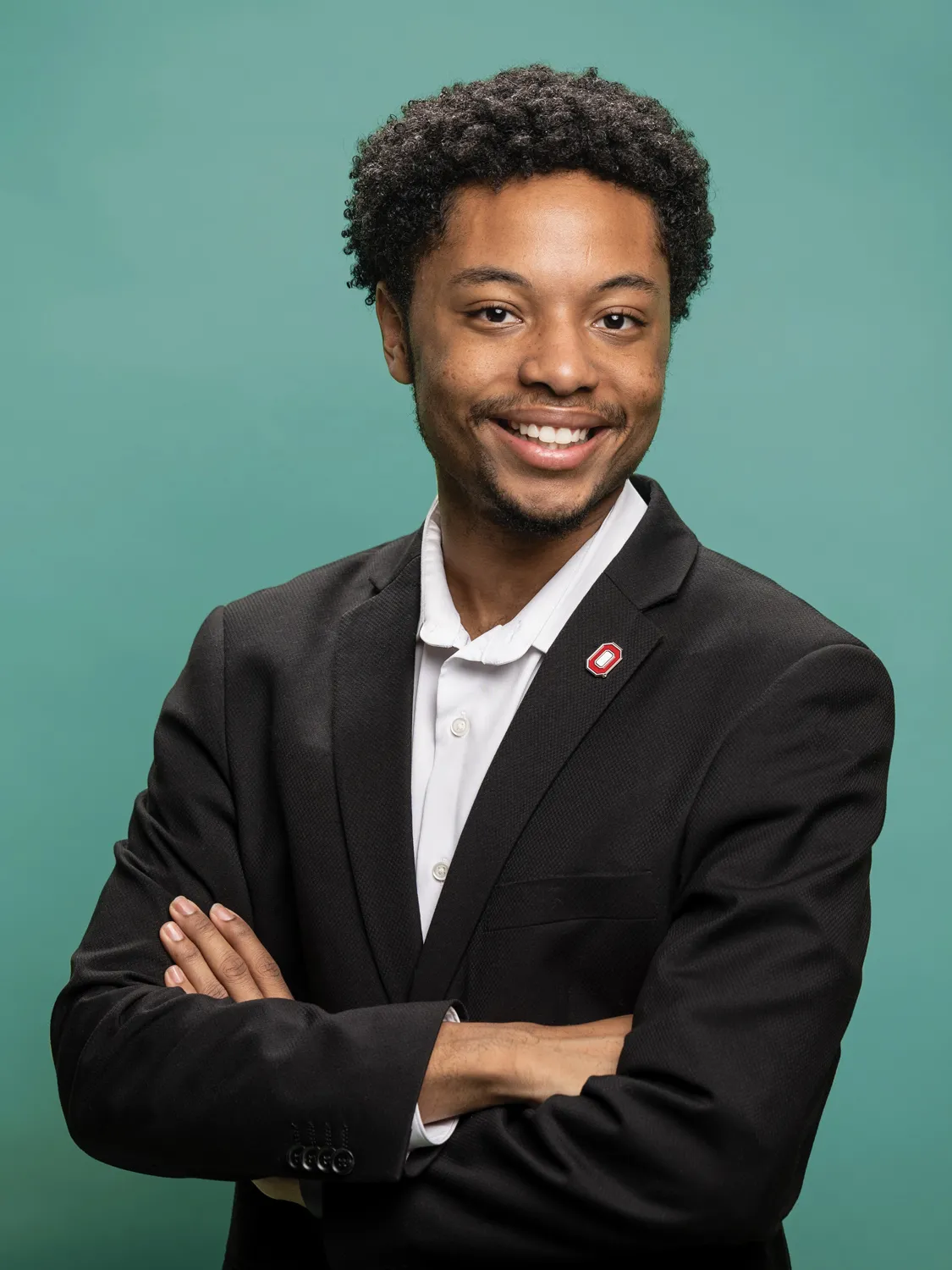
Bobby McAlpine, president of Undergraduate Student Government
-
How does Ohio State’s size affect the student experience with mental health and the conversation about it on campus?
McAlpine: This goes into another big policy point of ours, and that is rethinking how we disseminate information and communications within the university. Since there are so many students and there are so many resources, and we are blessed to have a good budget, we are able to have a lot of resources. But unfortunately, some students don’t know about the resources. So Madison and I really intentionally tried to work on making sure we do as much as we can to urge the university, the administration, various departments to disseminate information and share information as succinctly as possible, as efficiently as possible, but also as effectively as possible to get to as many students as possible.
Mason: Because of the size and scale of Ohio State, I know that for a lot of people who are more extroverted, it’s not super difficult to go to a club meeting or go to an involvement fair. But loneliness for folks who really have a hard time putting themselves out there — college is scary and being 18 and getting to a dorm that is full of people who you don’t know is a scary prospect. There’s been a really big focus on loneliness and really trying to meet people where they’re at. Sure, we can have super huge events with fun games and food, but also having more intimate events or just knocking on someone’s dorm room and saying, “Hey, how are you doing? Just wanted to give you my number, and here’s a little snack.”
RAs do a lot of heavy lifting in that regard, so we’ve tried to collaborate with them and I’m super appreciative of their efforts. But what can we all do to kind of shift and be more inclusive, not just of people from different racial identities, different abilities, different religions, but of people who just have varying levels of comfort when it comes to socializing and talking to other people?
-
What’s one thing you do for your mental health?
Clavo Abbass: For graduate students, the challenges are multiple and nuanced. We occupy a variety of roles and identities when it comes to the university, so it’s crucial to set boundaries for yourself first and let everything else come after. Otherwise, it’s very easy to let all of those responsibilities, the implicit ones and the explicit ones, manifest well beyond what many would consider to be a fair balance. I’m extremely intentional about when I work and when I do everything from answer emails to grade. I do my best to keep standard business hours, essentially, and constrain myself to them. That way, I have the evening to myself to be able to spend with my partner, to catch up on the dishes or on my favorite TV show or to go out for a bike ride or socialize with my friends.
Weaver: I’ve been intentionally scheduling, all four years, a “funsie class” — that’s what I call it. But it’s more than just that, it’s something that’s getting me active, intentional about what I’m doing, a break in my day so it’s not just all academic all the time. I’ve taken rock climbing, yoga, a meditation class. Incorporating those things into my daily life has been huge for me.
